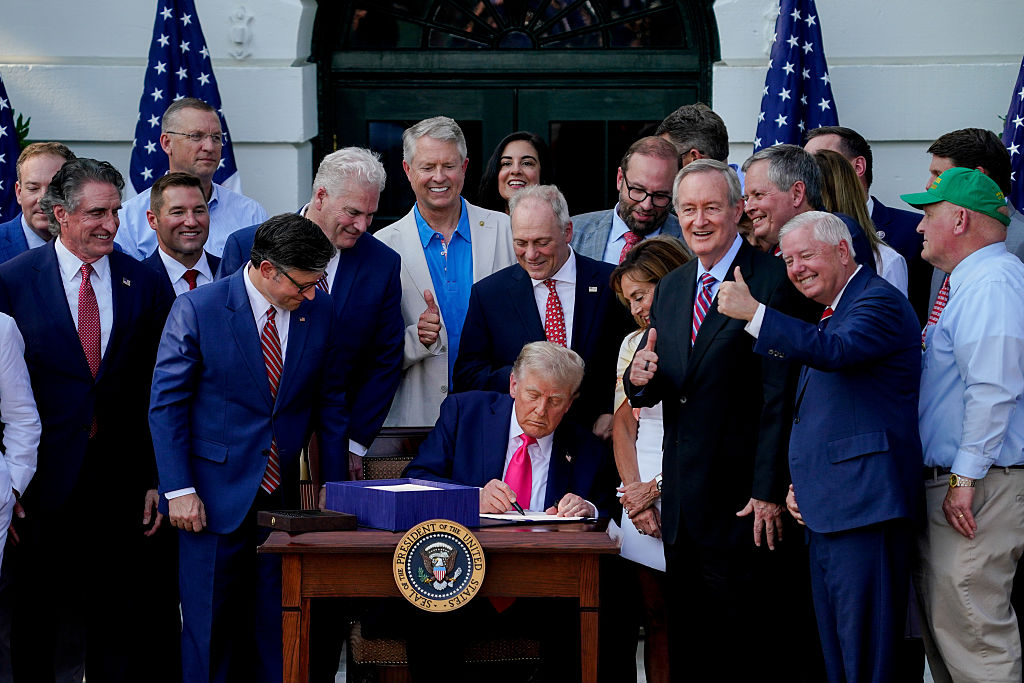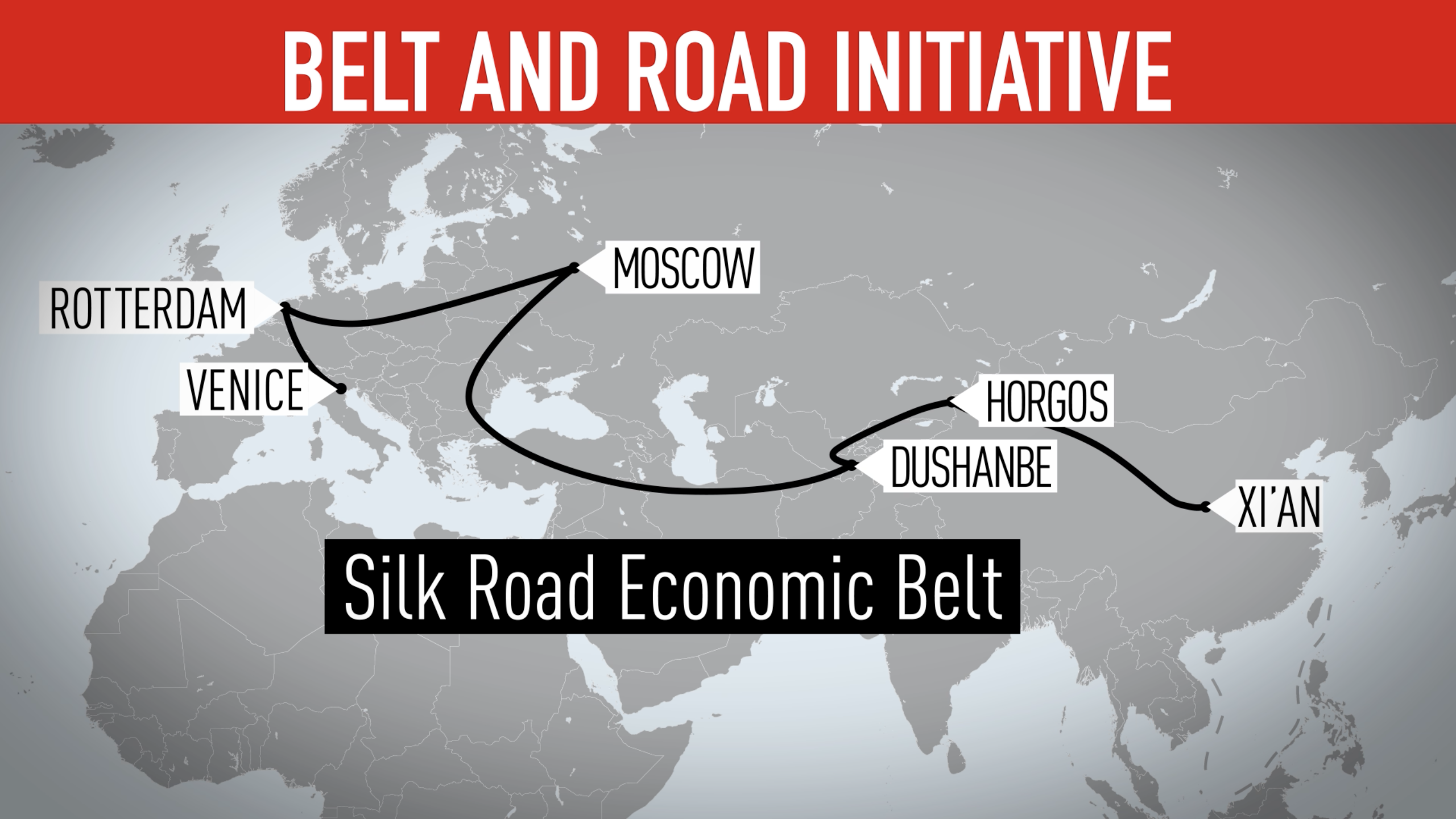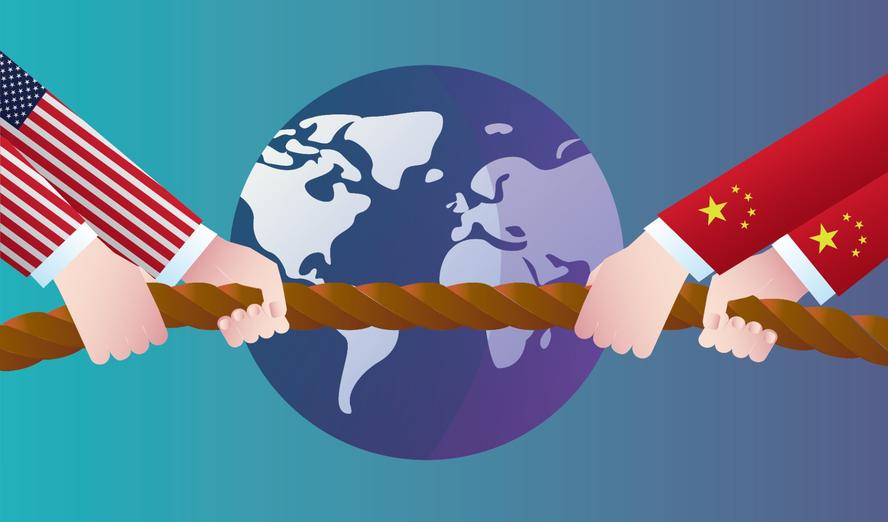Politics
November 28, 2023
The H-1B Crisis: South Asian Exploitation & Underemployed Americans
The H-1B visa system, designed to attract global talent, has become a pipeline for tech giants to underpay and overwork South Asian immigrants—while shutting out U.S. workers.

The H-1B Scam: How Outsourcing Firms Game the System
The H-1B visa system, originally designed to help U.S. companies recruit specialized global talent, has been systematically exploited by large outsourcing firms that dominate the application process.
Companies like Infosys, Tata Consultancy Services, and Wipro flood the annual visa lottery with thousands of applications, far exceeding the 85,000 cap, while offering salaries well below market rates—sometimes 30-50% less than what American workers earn for the same roles. These firms frequently engage in deceptive practices, posting fake job listings to meet visa requirements before assigning workers completely different roles upon arrival.
Many take a substantial cut of employees' salaries as "processing fees," effectively reducing take-home pay while creating an environment where workers fear speaking out due to threats of visa revocation. The consequences extend beyond immigrant exploitation: qualified U.S. graduates, including Indian Americans, find themselves overlooked for positions that are instead filled by underpaid H-1B contractors, distorting the entire tech labor market.
Wage Suppression & the "Brown Ceiling" in Tech
The flood of underpaid H-1B workers has created a pervasive wage suppression effect across the tech industry, particularly impacting South Asian professionals. U.S.-born Indian Americans frequently encounter biased assumptions during hiring, with recruiters often asking about visa status before discussing salary—a subtle way to lowball candidates presumed to be foreign workers.
Even those with decades of experience face an invisible "Brown Ceiling," where stereotypes paint them as diligent coders rather than leadership material, limiting career advancement.
The problem is compounded when skilled professionals, frustrated by discrimination, reluctantly join outsourcing firms themselves just to remain employed, further reinforcing the cycle of depressed wages. This systemic devaluation doesn’t just hurt individuals; it recalibrates salary expectations across Silicon Valley, making it harder for all tech workers to demand fair compensation.
Green Card Backlogs: Modern Indentured Servitude
For many Indian H-1B workers, the promise of permanent residency is a mirage due to the U.S. government’s per-country green card caps.
With an estimated 134-year waitlist, these professionals become trapped in a form of indentured servitude, unable to change jobs or negotiate better conditions without resetting their green card process. Families live in perpetual uncertainty—children risk "aging out" of dependent status at 21, while spouses on H-4 visas face work restrictions.
Outsourcing firms exploit this vulnerability, knowing workers will endure unpaid overtime, unsafe conditions, or even wage theft rather than risk deportation. Some go as far as confiscating passports or threatening to cancel visas if employees complain. This system doesn’t just harm immigrants; it creates a second-class workforce that depresses standards for all tech employees.
How This Harms U.S.-Born South Asian Professionals
The fallout from H-1B abuse extends to American-born South Asians, who face collateral damage in their own industry. Resume bias is rampant, with names like "Priya Sharma" or "Amit Patel" triggering assumptions that the candidate requires visa sponsorship, leading to automatic rejection from some roles.
Those who do get hired often confront cultural stereotyping—managers expect them to work longer hours for less pay, mimicking the exploited H-1B workforce. Meanwhile, the broader narrative around "foreigners taking jobs" ignores how Indian American citizens are equally harmed by outsourcing practices.
The tech industry’s increasing reliance on underpaid contract labor has devalued engineering roles across the board, making it harder for all professionals to demand fair compensation and career growth.
Fighting Back: Policy Reforms & Worker Solidarity
Breaking this cycle requires legislative action and community mobilization. Policy reforms must include eliminating the per-country green card cap, as proposed in the EAGLE Act, and implementing strict wage floors for H-1B roles to prevent undercutting American workers.
Companies that abuse the system, particularly outsourcing firms that monopolize visas, should face hefty fines and visa allocation reductions. At the grassroots level, South Asian professionals can advocate for themselves by openly calling out discriminatory hiring practices and supporting H-1B whistleblowers who expose wage theft.
Organizations like South Asian Americans Leading Together (SAALT) are pushing for systemic change, while worker collectives are forming to help visa holders navigate job transitions without fear of retaliation. True progress will come when both immigrant and U.S.-born professionals unite to demand an end to the exploitative practices that hurt all workers.



